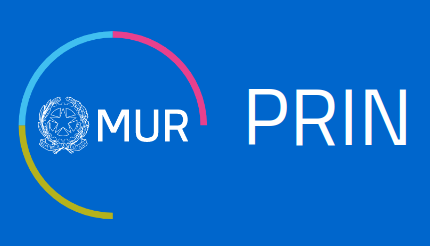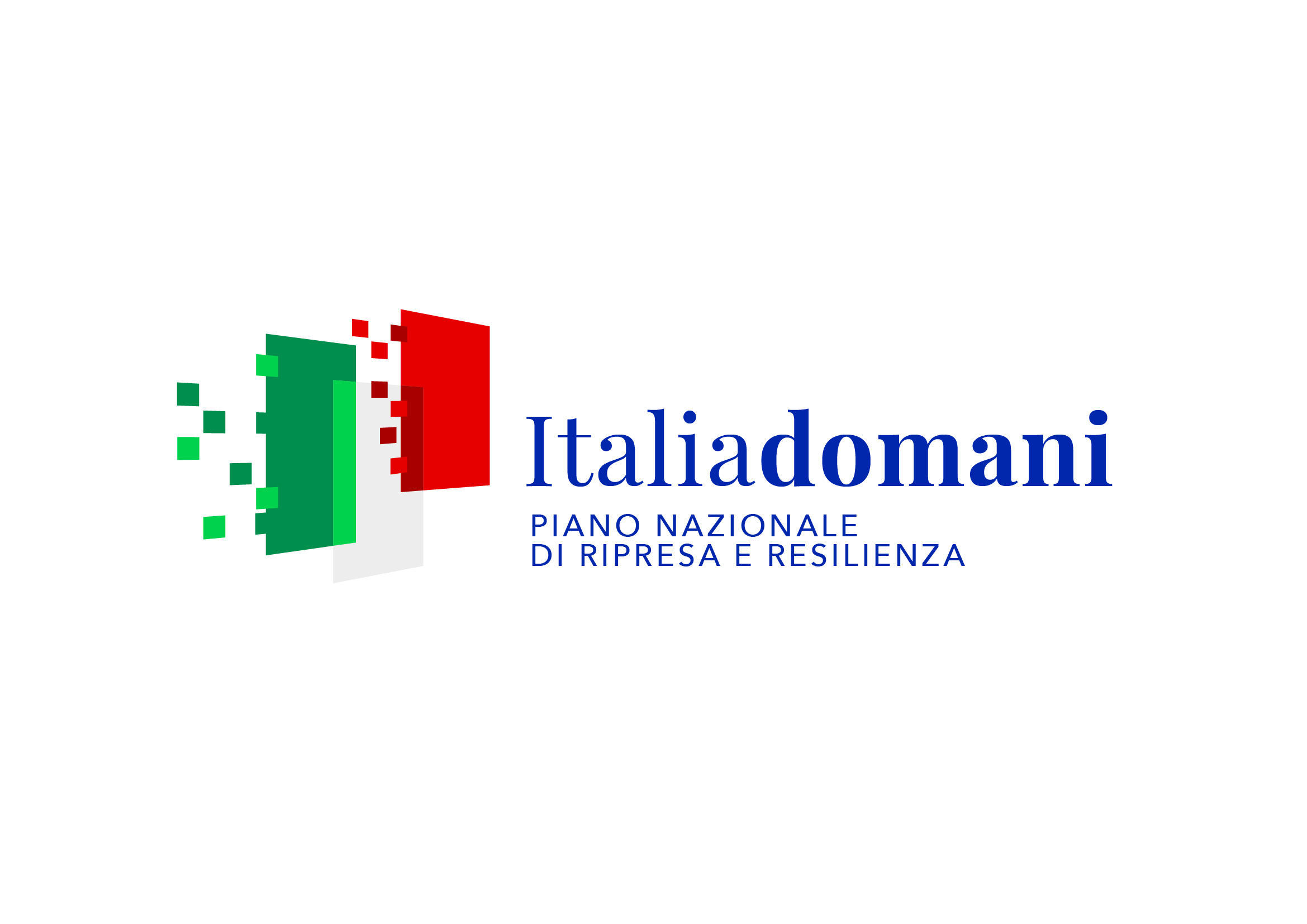
Abstract of the project
A carbon-free global economy is difficult to achieve, but biomass represents a valuable renewable resource for reducing greenhouse gas emissions.
Residual biomass raw materials are widely available in the world and represent an effective way to recover energy and produce biofuels and biomaterials, avoiding competition with the food sector. In addition to residual biomass from the agri-food industry, algae and marine biomass are among the most promising resources.
The project aims to study the use of mixtures of residual biomass as fuel for heating and electrical systems powered by renewable sources. The activities take into consideration the technology and feasibility of feeding the combustors with mixtures containing marine residual biomass, whether algae or residues of underwater meadows that accumulate in excess on the coasts.



In particular, during combustion tests, the institute will take care of sampling and analyzing macropollutants and possible precursors of micropollutants, such as chlorinated organic compounds, possibly emitted by biomass rich in sodium chloride. The emission factors will be determined taking into account the fuel mixtures and the main parameters of the combustion system.
In order to define the efficiency of the abatement systems, sampling will be carried out upstream and downstream of the systems.
University of Rome 3
Ettore Guerriero
Francesca Vichi
